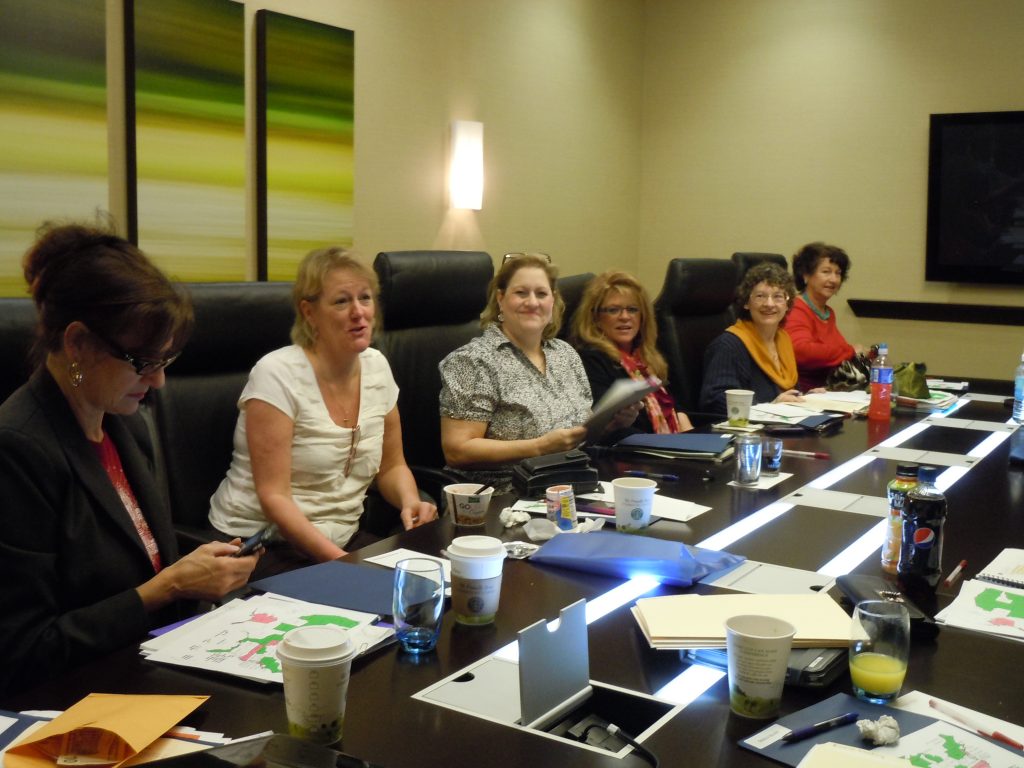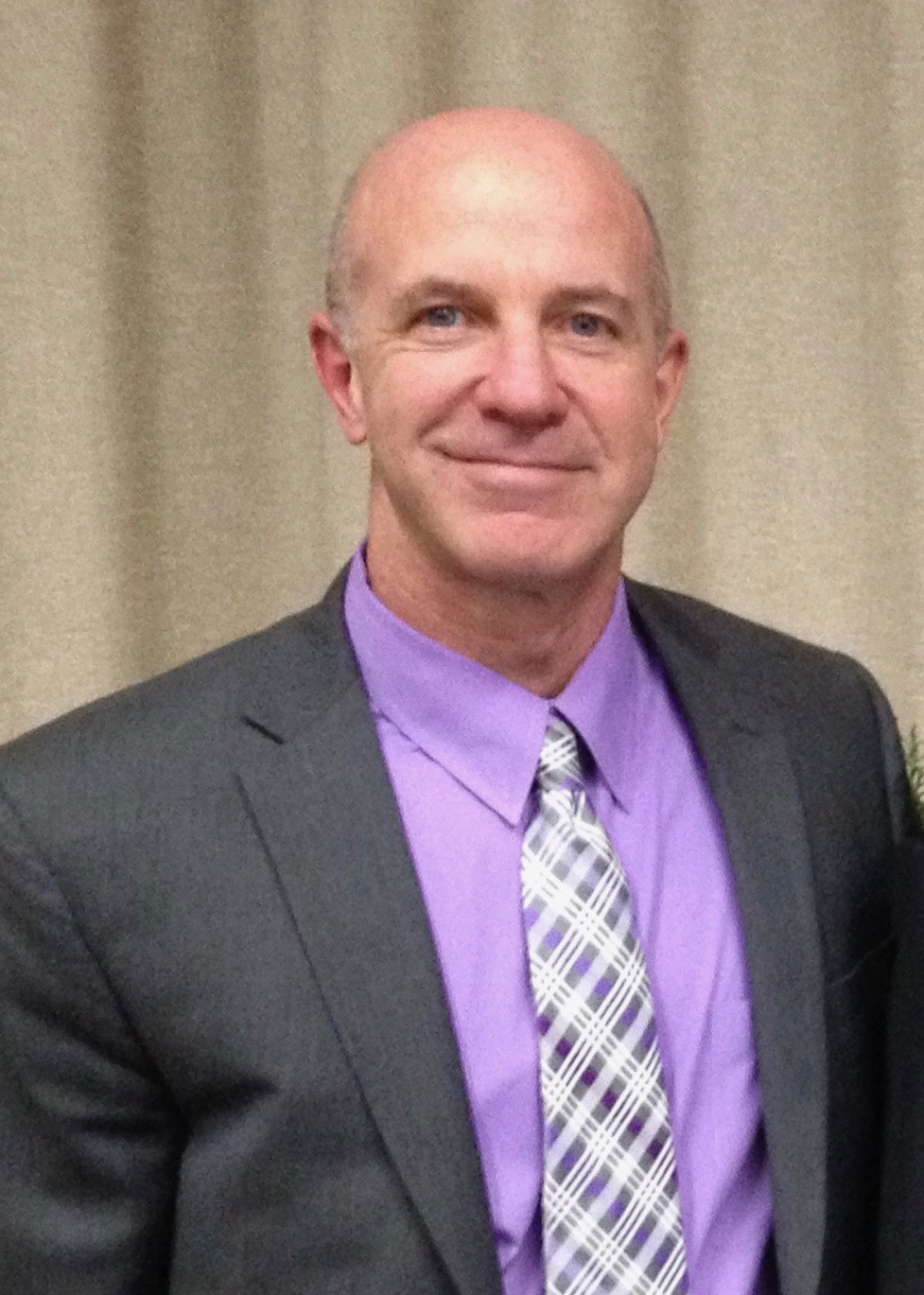About AVA
Mission Statement
The mission of the Association of VAWA Administrators (AVA) is to encourage and facilitate mutual support, awareness and cooperation among states and territories administering Violence Against Women Act formula grants and to provide a centralized voice for the advancement of improvements to enhance the effectiveness of VAWA administration.
Purpose
 The primary purpose of AVA is to assist in improving partnerships between each state and territory with OVW and each other and act as a centralized resource for the timely distribution of information and assistance.
The primary purpose of AVA is to assist in improving partnerships between each state and territory with OVW and each other and act as a centralized resource for the timely distribution of information and assistance.
Historical Background
From 1995 until 2006, VAWA administrators progressed without the assistance of a national association representing their interests and challenges. They relied heavily on the former Technical Assistance Provider (STOP TA) to provide them with individual telephone consultations, dial-in conference calls, and timely information about pending VAWA legislation, Full Faith & Credit issues, model program site-visit opportunities, publications, resource material, literature and much more.
Effective administration of any federal grant program is reliant on accurate and timely information. In a survey of state administrators conducted in 2007, communication was listed as the number one challenge faced by administrators. Following the example of other national associations, AVA was formed to work directly with the Office on Violence Against Women (OVW) and other national organizations to improve response time and communication to and among STOP administrators.
Services Offered
• Provide information and technical assistance to STOP Administrators
• Liaison to OVW, advocating on behalf of state administering agencies
• Collaborate with national organizations and associations
• Website
• Conference/training scholarship fund for members
Board of Directors
AVA has a 9 member Board of Directors, four of which hold positions on the Executive Committee and the remaining 5 positions are members-at-large, participating on the various other committees identified by the Board.
With each modification to the Violence Against Women Act, administrators are challenged to implement new requirements and guidelines at the state level. In past years, administrators voiced concerns with such things as the challenges of enforcing new certification requirements, navigating the technical problems with reporting forms, and enduring the impact of match exemptions on state budgets.
The AVA Board of Directors has and will continue to present these and other challenges to the Office on Violence Against Women as the collective voice of state administrators, and will work together with OVW to develop effective solutions. In addition, AVA solicits valuable and insightful information and perspectives from administrators that is used to educate policy makers and leaders on the potential impact of proposed legislative changes.
If you’d like additional information about the Association of VAWA Administrators, please contact:
Barry Bryant – Executive Director Barry Bryant began working with the NC Governor’s Crime Commission in 1993 and worked first as a VOCA administrator. When VAWA became part of the Crime Bill of 1994 and subsequently in 1995 when VAWA funding was first allocated to states and territories, Barry also began distributing VAWA funding and helping programs all across NC understand more clearly how VOCA and VAWA funding could be used to improve services to crime victims.
Barry Bryant began working with the NC Governor’s Crime Commission in 1993 and worked first as a VOCA administrator. When VAWA became part of the Crime Bill of 1994 and subsequently in 1995 when VAWA funding was first allocated to states and territories, Barry also began distributing VAWA funding and helping programs all across NC understand more clearly how VOCA and VAWA funding could be used to improve services to crime victims.
Barry served on the National Association of VOCA Assistance Administrators (NAVAA) Board from 2003-2008 and was President of NAVAA in 2006 and 2007. Barry was the first Board President of AVA in 2007 and served until 2009. Barry retired from State government in 2015 and began working at HopeLine, a crisis intervention and suicide prevention hotline, after his 25-year old nephew died by suicide. In March 2017, Barry began serving as the Executive Director of AVA.
Barry has remained active in NC serving on his local domestic violence task force since 1993 and currently chairs Wake County’s Domestic Violence Fatality Review Task Force. He has served as Chair since the inception of the fatality review task force in 2013. Barry is married and has two adult children.
